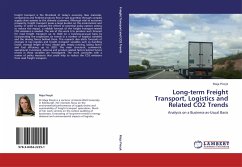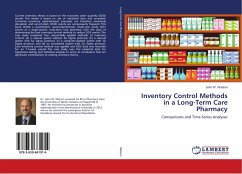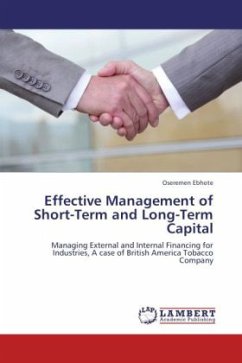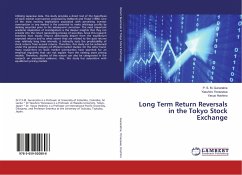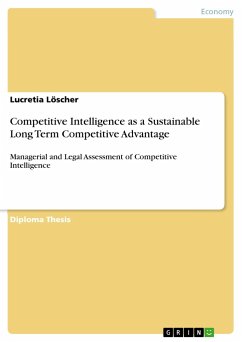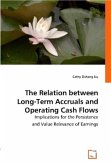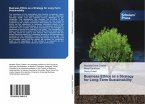Freight transport is the life-blood of today s economy. Raw materials, components and finished products flow in vast quantities through complex supply chain systems to the ultimate customers. Although vital to economic prosperity, freight transport poses a large burden on the environment and society. In order to evaluate the effects of potential policy options aiming to reduce this impact, a reliable forecast of the freight transport-related CO2 emissions is needed. The aim of this work is to produce such forecast for road freight transport up to 2020 on a business-as-usual basis by incorporating the projections on trends in a number of logistics variables and the driving forces behind them. This research also elicits forecasts of changes in key logistics and freight transport variables such as handling factor, average length of haul, modal split, empty running, lading factor and fuel efficiency up to 2020. The main structural, commercial, operational, functional, external and product-related factors behind future trends in these variables are investigated. The work concludes with a review of policy measures that could help to reduce the CO2 emissions from road freight transport.
Bitte wählen Sie Ihr Anliegen aus.
Rechnungen
Retourenschein anfordern
Bestellstatus
Storno

